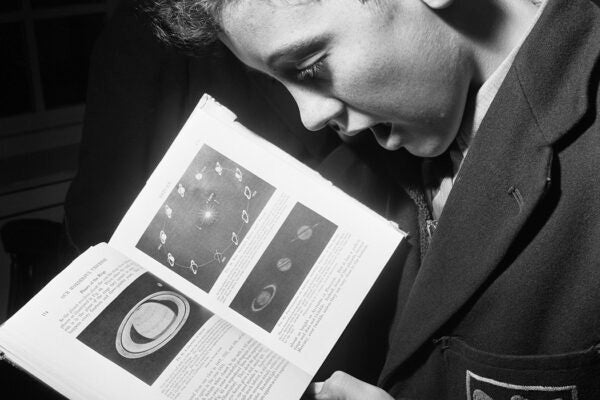Marie Stopes (1880–1958) was a legend in her own time. A pioneering woman scientist, she completed her PhD in a single year (1904) and then became the youngest person to earn a Doctor of Science in Britain (1905). As a paleobotanist, Stopes made, in the words of scholar Laura Doan, “significant interventions,” particularly in the study of the plants that make up coal. Stopes both descended into coal mines and supported striking coal miners.
But it’s as one of the first women sexologists and birth control advocates that Stopes earned her great fame—and her notoriety. Writes Doan,
A flamboyant, controversial and extraordinary figure—“one of the most important women of the twentieth century”—Stopes is best known now for her numerous books, pamphlets, and articles on marriage, birth control, motherhood, sex education, sexual health, and eugenics.
In 1913, while working as a lecturer in paleobotany at University College, London, Stopes began to scientifically study human sexuality, a field dominated by medical and psychological approaches (and men). That year, as Doan details, Stopes started monitoring “daily changes in her body to determine whether there existed a ‘normal, spontaneous sex-tide in women.’” Stopes established “the legitimacy of investigating female sexual desire” and became famous and notorious for doing so.
With the phrase “sex-tide,” Doan writes, Stopes “created a neologism that wonderfully captured the uniqueness of a project at the nexus of biometry and sex research.” The manifestations of desire were, Stopes believed, “observable, measurable, and, above all, natural—as natural as the rhythmic tidal flows of the lunar cycle.” Doan continues: “To correct that she perceived as the misconceptions of medial practitioners regarding the true nature of women’s sex-feelings, Stopes applied a rigorous statistical approach to the study of the body and populations.” That included tracking her orgasms.
Stopes’s research went into Married Love: A New Contribution to the Solution of Sex Difficulties, published in 1918. The book, which revolutionized and scandalized the English-speaking world, was specifically aimed, in her own words, to “serve the State” by improving married couples’ sex lives, thus resulting in more successful marriages.
Stopes’s bestseller was also one of the first books to discuss birth control. Many publishers refused to publish it; Stopes’s future second husband ended up paying for its publication, and it ran through five more printings in its first year.
The book was banned in the United States until 1931. In 1933, the same judge who overturned the US Customs ban on Married Love ruled that James Joyce’s novel Ulysses was not obscene. By the mid-1930s, American academics were calling Married Love one of the most influential books of the past half century. (It also keeps popping up in Downton Abbey, where women upstairs and downstairs look to it as a resource on contraception.) Stopes’s Wise Parenthood, also published in 1918, was even more explicit about birth control.
In her fame, Stopes became what Doan calls “something of an ‘agony aunt’” for thousands of readers looking for advice. In 1929, Stopes published about 180 of these letters in Mother England: A Contemporary History Self-written by Those Who Have Had No Historian. In these pages, working class mothers detailed their own lives, pleading for advice on “how to prevent any more little ones coming.” Believing fewer children meant healthier children, Stopes dedicated the book to those “who are expected to be the mothers of an imperial race.”
Weekly Newsletter
Stopes’s biography is full of surprises. In her A New Gospel to All Peoples (1922), she claimed God had told her that marital sex wasn’t all about procreation. Her play Our Ostriches ran for three months, and she successfully got her treatment for the movie Maisie’s Marriage (a.k.a. Modern Love) past the censors. She was enraged that her son married a women who wore glasses, a no-no for eugenicists.
Stopes’s eugenical thinking taints her reputation to this day. A non-governmental organization that provides contraception and abortion services in more than three dozen countries was founded in London in 1976 as Marie Stopes International. The NGO changed its name to MSI Reproductive Choices in 2020 in response to the Stopes/eugenics connections.
Support JSTOR Daily! Join our new membership program on Patreon today.







